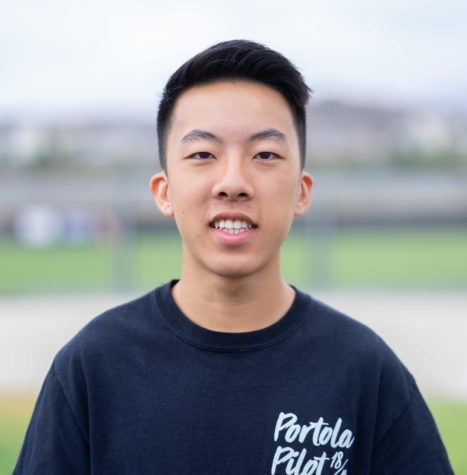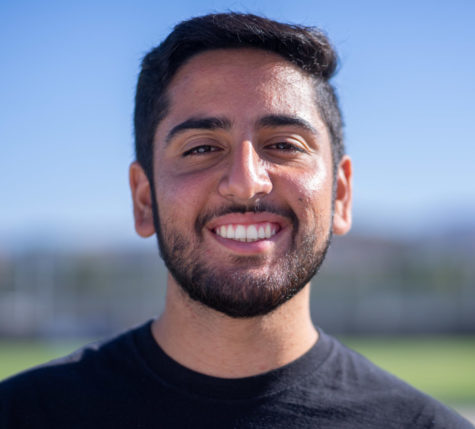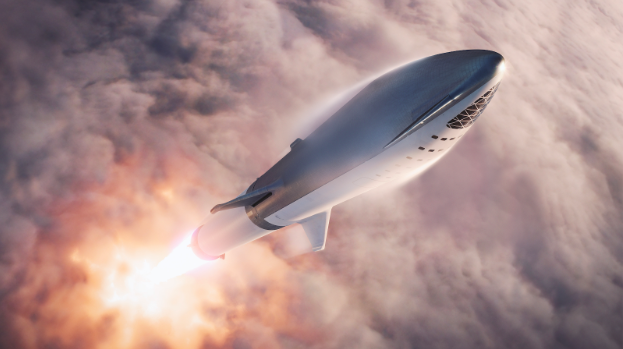Private Space Industry Launches toward Civilian Space Travel
SpaceX’s Big Falcon Rocket (BFR) is planned for Earth-to-Earth flights that shorten most long-distance flights around the world to around thirty minutes, according to the SpaceX website.
Impressive graphics of interplanetary spaceships and Martian colonies might excite space travel enthusiasts around the world, but digital renderings are only limited insights to advancements in space technology scientists hope to achieve. Today, the commercial space industry is racing to transform hopes about space travel into reality and take future consumers to the skies and beyond.
Companies at the forefront of the race include Elon Musk’s SpaceX, Richard Branson’s Virgin Galactic and Jeff Bezos’ Blue Origin. They are currently at different stages of testing, but every company has passed important milestones as they grow closer to reaching accessible space travel for the everyday dreamer.
SpaceX’s Dragon Crew Capsule successfully completed a full mission to the International Space Station from NASA Kennedy Space Center in Florida on March 2. Carried into orbit by SpaceX’s innovative reusable Falcon 9 booster rocket, the capsule returned on March 8 at 8:45 a.m. EDT, splashing down in the Atlantic Ocean 200 miles off the Florida coast, according to NPR.
Musk has planned futuristic concepts for Earth-to-Earth rockets and even Mars colonies, as advertised on SpaceX’s website, and SpaceX will take a major step toward that vision with its Crew Dragon Demo 2 Launch scheduled for July. Launching from Florida’s Cape Canaveral, it will be the first manned space flight from American soil in eight years.
Virgin Galactic, SpaceX’s chief competitor, is also a leading company in Earth-to-Earth space travel and has successfully completed multiple high altitude manned test flights. Their flagship, the VSS Unity, completed its third commercial flight on Feb. 22, reaching an altitude of 87.4 kilometers, close to the space boundary of 100 kilometers. Branson believes commercial space travel could begin later this year, according to Space News.
Virgin Galactic is finishing up the testing process of the Unity, which “will give us unequalled experience of flying large numbers of non-professional astronauts, safely and enjoyably, in high acceleration and microgravity environments,” according to the Virgin Galactic website.
Junior Aditya Sasanur is interested in working in the space industry and says that civilian space travel is a great step towards the future. Like many space enthusiasts, Sasanur wonders about the mysteries of space and understands that it holds significant potential. Despite the potential risks, space exploration holds the key to the future.
“Before plane rides were readily available, people were skeptical about the safety and necessity of them,” Sasanur said. “Looking at us now, our society cannot function without air travel. Space travel is merely the next step in our society’s progression…The possibilities are literally endless.”
While these recent developments in the commercial space industry signal great progress, the ordinary consumer will have to wait a while for a chance at space travel. With tickets for Virgin Galactic flights running at $250,000 and many private SpaceX tests planned in years to come, complete commercial space flight still has a ways to go before becoming accessible to the everyday dreamer.
Your donation will support the student journalists of Portola High School. Your contribution will allow us to purchase equipment and cover our annual website hosting costs.

Nicholas Hung is one of your 2019-2020 business managers. This is his second year on the Pilot and last year at Portola, and he hopes to get a steady flow...

Shawyan Rooein is your Centerspread editor of the Portola Pilot for the 2019-2020 school year! This is his third year on the Portola Pilot team and he...




